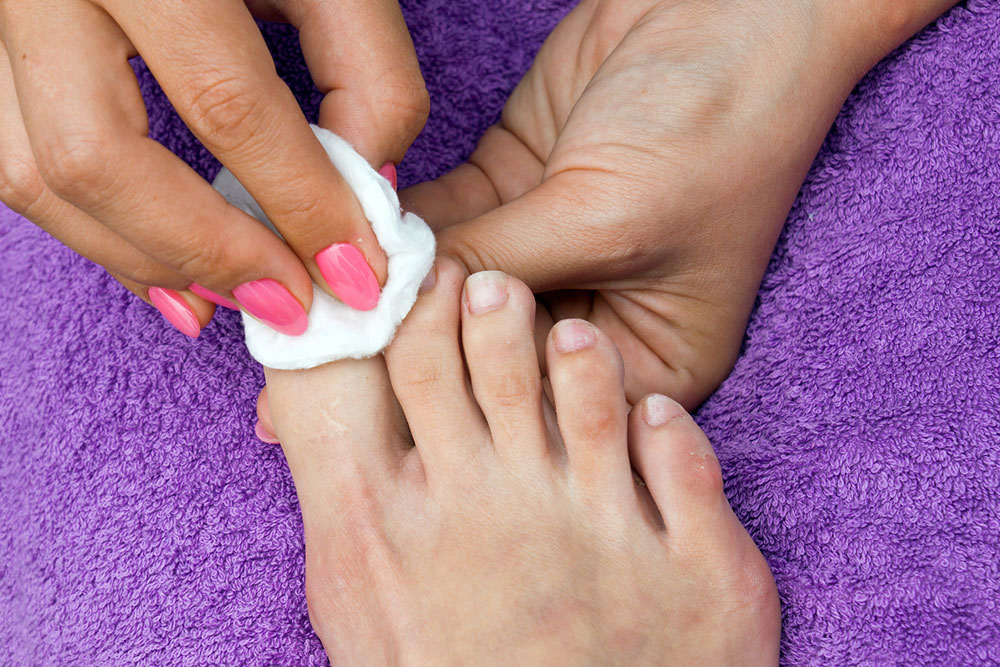Understanding Toenail Fungus: Causes, Risks, and Effective Treatments
Discover comprehensive insights into toenail fungus, including its causes, risk factors, and effective treatments. Learn how to prevent infections and manage existing conditions through lifestyle changes, medications, and advanced therapies. Early intervention and proper care are key to healthier nails and reduced recurrence risk.

Understanding Toenail Fungus: Causes, Risks, and Effective Treatments
Toenail fungal infections result from overgrowth of fungi that reside in or on the nail, often triggered by moist, warm environments. These fungi can spread from contact with infected individuals or conditions promoting fungal proliferation. The infection develops gradually, making early signs subtle and easy to overlook. Common culprits include dermatophytes, yeasts, and molds, often beginning with athlete’s foot before spreading to nails. Men, adults, especially seniors, and those with compromised immunity or poor circulation are more susceptible to these infections.
What factors increase the risk of toenail fungus?
Factors raising the likelihood include diabetes, circulatory issues, aging (over 65), frequent use of tight shoes or artificial nails, nail or skin injuries, and weakened immune function. Older adults face higher risks due to slower nail growth and brittle nails that allow fungi to invade more easily.
Preventive measures involve maintaining proper nail hygiene, avoiding injuries, and reducing exposure to moist environments. Treatment options include topical and oral antifungal medications, though effectiveness varies and recurrences are common. Severe cases may require nail removal or advanced therapies like laser treatment or photodynamic therapy. Home remedies such as vinegar or essential oils lack substantial scientific backing and should be used cautiously. Consistent prevention practices and medical consultation are essential, especially for individuals with underlying health conditions.
In summary, toenail fungus can significantly impact quality of life. Early detection, proper treatment, and lifestyle adjustments can prevent spread and recurrence. Consulting healthcare providers for persistent or severe cases is highly recommended.










